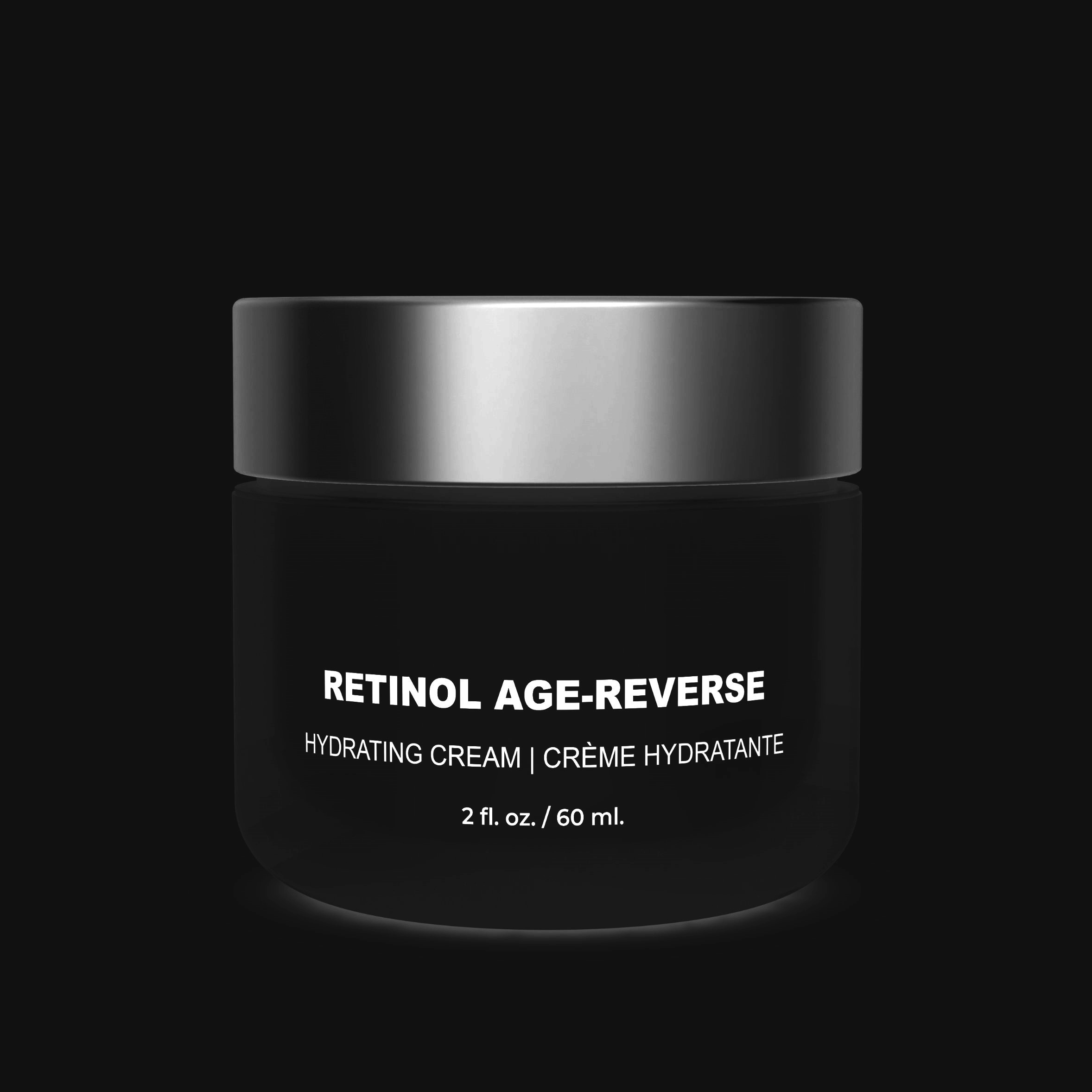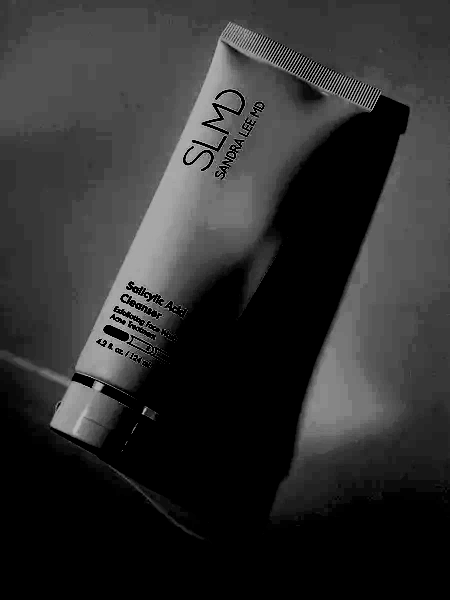What is vitamin C?
“Vitamin C is a potent antioxidant that neutralizes free radicals in the skin. It assists in the skin’s natural process of regeneration, which helps the body to repair damaged skin cells. This endows the skin with potent protective and healing properties.”
One of Vitamin C primary functions in skincare is to act as an antioxidant to protect the skin from free radicals and to protect the skin from environmental toxins. Vitamin C can repair and regenerate skin cells and prevent further free radical damage. It can also be used to remedy hyperpigmentation and other tone issues brought on by environmental damage.
What is retinol?
“Retinol can diminish the appearance of fine lines and wrinkles to even out skin tone, and exfoliate the skin’s surface.”
Retinol are essentially derivatives of Vitamin A which accelerate cell turnover, aiding in the shedding of dead skin cells and the production of new skin cells. Both of which contribute to the smoothing and plumping of the skin. Due to its ability to remove dead cells and buildup, retinol is frequently used in acne and oily skin skincare routines, as it helps clear congestion that can cause blemishes.
Benefits of vitamin C
Aside from being beneficial for common colds, vitamin C has other skin benefits. Its skin advantages can include:
- prevents skin damage, hyperpigmentation, dullness, and uneven tone
- reduces the visibility of fine lines and wrinkles
- protects skin from environmental toxins
- protects skin from free radical damage
“Vitamin C can combat free radicals and protect against environmental toxins. In addition, it has remarkable skin brightening properties and works to even out skin tone, stimulate collagen production, and reduce the appearance of fine lines and creases.”
Benefits of retinol
Retinol has earned a reputation as the ultimate wrinkle fighter over recent years. It’s a form of vitamin A that can help:
- reduces the appearance of wrinkles, dark spots and signs of aging
- speeds up cell turnover to shed dead or damaged skin cells
- stimulates production of new, healthy skin cells
- enhances skin brightness to even skin tone
- smooth texture
Key Differences Between Retinol and Vitamin
Environmental Protection
Both skincare elements help to improve skin tone, brightness, and texture. However, vitamin C provides additional benefits that retinol does not, such as protection from dangerous UV rays.
Meanwhile, retinol is difficult to apply. Incorrect dosage or application can dry the skin and alter skin barrier functions, such as locking in moisture and blocking the passage of infectious pathogens, toxic substances, and allergies. If used incorrectly, retinol may make your skin more susceptible to environmental stresses and pollution.
Sensitivity to the sun
Another significant distinction is that retinol can make your skin more sensitive to the sun. When exposed to UV radiation, retinoic acid causes oxidative stress, which makes it vulnerable. Because of the rapid cell turnover, the new skin cells are thinner and more delicate, making them more vulnerable to the sun.
Vitamin C, on the other hand, can withstand UV radiation and protect against oxidation while serving as a tyrosinase inhibitor. This means it can help prevent hyperpigmentation induced by excessive sun exposure.
Strengths
One feature that distinguishes retinol from Vitamin C is that it can be found in a variety of concentrations and forms. But what exactly is retinol?
This chemical is a retinoid, which is a vitamin A derivative. Retinol is the most prevalent over-the-counter retinoid in creams and serums due to its numerous forms, including retinol esters and prescription retinoids.
The amount of vitamin C in a skincare product recipe, on the other hand, can alter its potency. Lower amounts of 5%-10% are ideal, but anything greater can induce outbreaks in acne-prone skin.
Compatibility
In general, anyone can use both for skincare. However, if you are pregnant or breastfeeding, you should avoid using retinol because it can cause Fetal Retinoid Syndrome. (FRS). High vitamin A levels in this syndrome may cause developmental problems. If you have sensitive or dry skin, rosacea, eczema, or skin allergies, retinol may not be the best choice.
Early use of retinol, on the other hand, can reduce aging, especially in people in their early thirties, when cell turnover rate lowers.
Meanwhile, vitamin C is ideal for people with dry skin.


